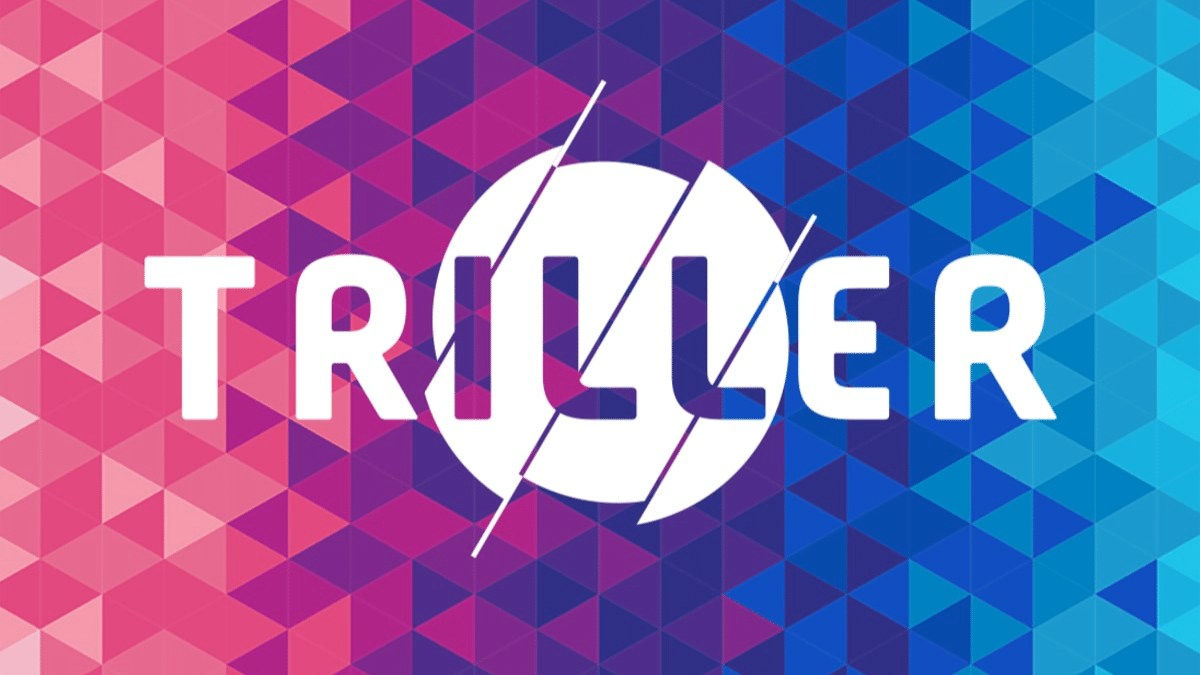Triller: Putting Influencers Ahead of Licenses

TikTok rival Triller has found itself has a wild few months when it comes to both legal and public controversies.
Back in October, Triller was sued by TikTok’s parent company over alleged patent infringement. The company has faced repeated questions about how many users it actually has and even threatened to sue one app analytics firm that accused it of inflating its numbers.
However, no issue has been more problematic for Triller than music licensing. Back in November, they were sued by the music publisher Wixen over allegations that the service was streaming videos using music they controlled without a license. Though that lawsuit was recently tossed on a technicality, it will likely be refiled shortly.
But the biggest hit came in early February- when Universal Music Group (UMG), one of the major record labels, pulled its music from the service entirely.
According to reports, UMG and Triller had a deal that expired at the end of 2020. Though it was extended, UMG cancelled it after they felt it was clear Triller had no interest in renewing it and claiming that Triller was withholding payments.
This led to a war of words between the two sides with Triller claiming that they didn’t need a license from UMG. Triller claimed that they could work with artists directly and that, since they were partially backed by Universal, that their deal with UMG was just a “formality”.
UMG, for their part, said that Triller’s statements were “removed from reality” and that Triller does not value artists.
However, there is one group that Triller does clearly value greatly: Influencers. According to the Wixen lawsuit, that love has gone to extremes and included paying influences large sums of money, providing them with cars, mansions, expensive dinners and, in at least one instance, a helicopter.
So why is it that Triller is lavishing social influencers while, according to both UMG and Wixen, not paying artists? The answer should be pretty obvious.
The Challenges of Launching a New App

If you’re launching an app like Triller, especially one that is competing in a crowded space already dominated by a big name, you have two major challenges right from the start.
- Licensing: You need to either get all the required licenses for the content that you’ll be using and set up the infrastructure required by those agreements or find a legal reason you don’t need those licenses.
- Building an Audience: You need to quickly reach critical mass and have enough users to reach sustainability for all expenses, including any licenses.
To that end, it’s clear which Triller is prioritizing, and the company has even said as much in various interviews. This was specifically highlighted in an October 2020 New York Times article, which not only highlighted the company’s push for influencers, but said, “The company says its priority is helping creators monetize.”
Triller clearly feels that growth is the most urgent problem it faces, and it may well be right. Though large lawsuits could certainly tank them, it could be years or even decades before those lawsuits bear any fruit for rightsholders.
For example, the lawsuit between the major record labels and the ISP Cox Communications was first filed in 2018. Though a jury did hand the record labels a massive $1 billion judgment that wasn’t until December 2019. However, the record labels still haven’t seen a penny from that case as, just a few weeks ago, it was appealed to Fourth Circuit in February 2020.
It will likely be many more years before any money changes hands in that case.
Likewise, the lawsuit over the video streaming service VidAngel was filed in June 2016 but a settlement wasn’t reached until September 2020.
These cases are not atypical nor are they outliers. Copyright infringement cases routinely take many years to resolve and are expensive for both sides to fight.
Meanwhile, Triller knows that it has months or even just weeks to establish itself as a player in this field before that opportunity is lost. As such, the smart (albeit unethical) thing to do is to put licensing issues on the back burner and focus on trying to grow.
If Triller fails to make it due to market share or size issues, it’s very likely that the lawsuits will be targeting a defunct company. If the company does succeed and become a major player in that field, then it will have more leverage with which to force favorable settlements.
From where Triller sits, money for influencers makes way more sense than money for licenses, regardless of how unethical that is or unfair it is to artists.
Bottom Line
When we talk about how the law hasn’t kept up with technology, we’re often talking about how legislation is often years or decades behind the tech it is covering. However, the courts are almost equally behind.
In a world where tech companies can go from launching to prominence to closure in a matter of months or years, litigation that takes many years or even decades to process is always going to be behind the curve.
This promotes a “seek forgiveness rather than ask permission” attitude, where startups have far more immediate problems than copyright battles.
To be clear, Triller has secured licensing deals with others in the music industry, most notably all three of the record labels (though at least UMG’s has since expired). It still faces repeated accusations of withholding payments and potential issues with music publishers.
But even if those accusations are true, there’s little reason for Triller to focus on them. So, while it may seem egregious that Triller is spending tons of money to lure TikTok influencers even as labels and publishers say they aren’t being paid, it’s not that surprising when you look at the situation from a practical standpoint.
Want to Reuse or Republish this Content?
If you want to feature this article in your site, classroom or elsewhere, just let us know! We usually grant permission within 24 hours.
